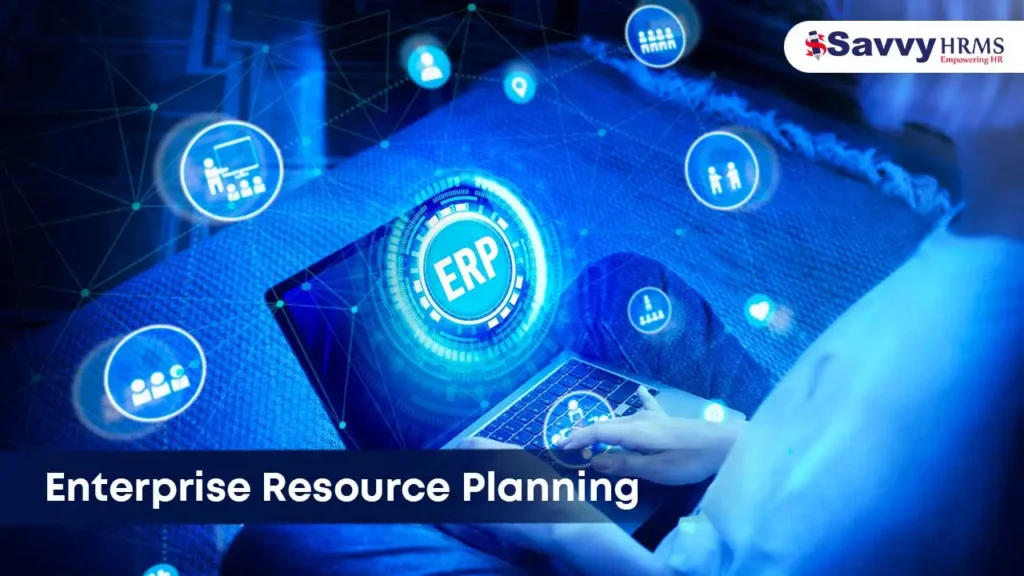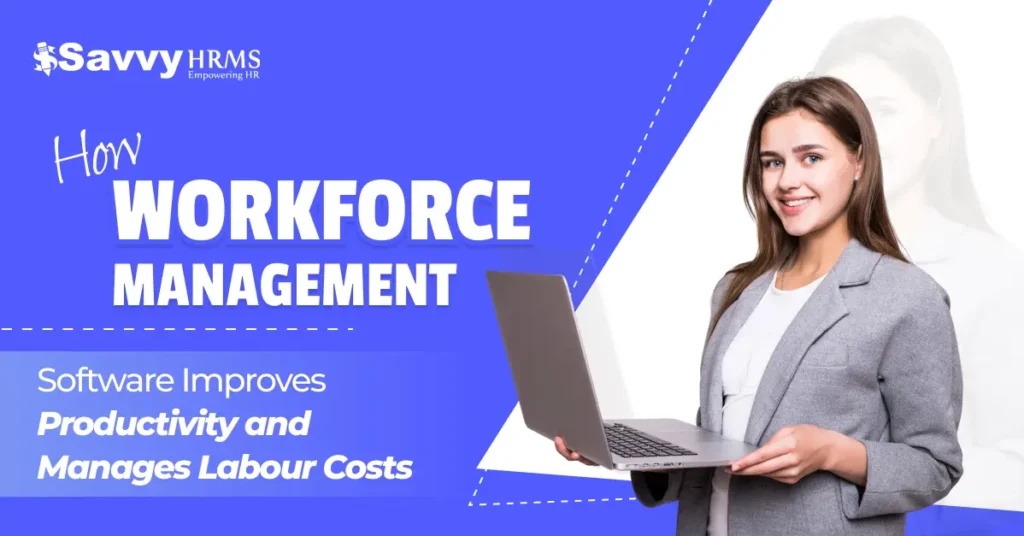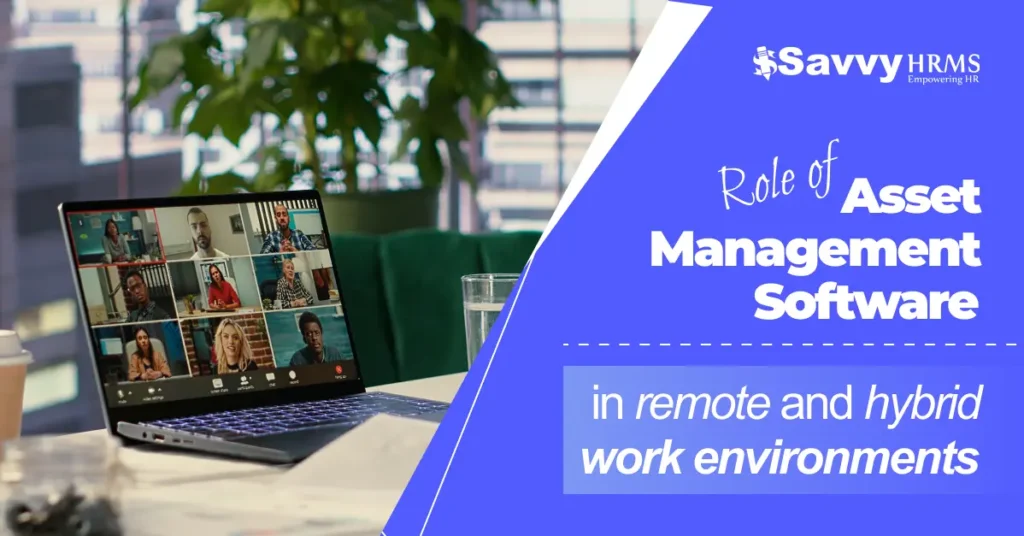In the high-speed world of global business today, efficiency is an absolute must. And that’s where an Enterprise Resource Planning system (ERP) comes into action. An ERP is a transformative engine for how organisations manage resources, processes.
Rather than being from human resource management, business, or IT. Understanding ERP can help position your organisation positively. Within an increasingly competitive market. So, let’s take a closer look at how ERP is fundamentally changing the modern workplace.
Defining Enterprise Resource Planning
To start, we need to define Enterprise Resource Planning.
The functional areas of the organisation include
- Payroll
- Rcruitment
- Employee performance management
- Finance
- Procurement
- Supply chain
Rather than using separate systems for every one of the functional areas of the organisation. An ERP will encompass everything and eliminate or reduce complexities. Reducing duplication, providing real-time data for decision-making, and more.
Core Features of Enterprise Resource Planning
There are a number of characteristics that define a good ERP system, such as:
- Unified Database
- Real-time analytics
Analysis of business data. Available immediately to the organization.
- Automation
Routine processes are automated, such as leave management and attendance tracking.
- Compliance Management
Aspects of the organization’s operations are managed. To reasonably ensure the organization remains compliant with state/federal labour laws. And assessments relevant to taxation compliance.
- Integration with HRMS
Most ERP systems will integrate with Human Resource Software. Where an employee may seamlessly set up their onboarding. Review processes and training management.
Benefits of Enterprise Resource Planning
In the area of Human Resources, ERP can change the entire way the department works.
1. Recruitment Efficiency
ERP systems allow HR to automate and track their talent acquisition functions.
2. Payroll Efficiency
Assists HR in making fewer manual errors.
3. Performance Measurement
Performance tracking is more accessible than ever with adjustments to ERP software. The real-time employee dashboards provide clarity into employee performance metrics. And key performance indicator (KPI) tracking.
4. Employee Self-Service Portals
Employees can access a self-service portal. To change their address or contact information. How to apply for leave or download their salary slips. And increase the level of engagement employees have.
5. Data-Driven Outcomes
HR departments can now leverage predictive analytics. To manage points of attrition across functions.
Why is Enterprise Resource Planning Important for the Growing Business?
As a business grows, it is no longer efficient or possible to manage data manually (spreadsheets)! Working with siloed systems can lead to errors, miscommunication, and longer response times.
- Enhancing collaboration between departments
- Reducing operational costs
- Increasing transparency regarding workflows
- Ensuring scalable experiences as your workforce continues expanding
Obstacles to implementing ERP
1. Cost
The upfront cost can be steep. But the ROI over the long run makes it well worth it.
2. Resistance to change
Employee pushback can be very common, so training programs and communication are essential.
3. Customisation
Every organisation is different, so ERP systems need to be developed to their specifications.
To get through these obstacles, ensure the participation of HR managers. IT people and senior-level managers when implementing the ERP.
How ERP helps with compliance and governance
As data privacy and labour regulations become stricter. ERP helps your organisation stay in compliance. With automated alerts and audit trails, ERP keeps:
- Accurate tax submissions
- Timely payroll compliance
- Employee contracts in conjunction with labour laws
In addition, it lowers the risks involved with data breaches or unsanctioned access. An important consideration for safeguarding both employee and corporate data.
Conclusion
In conclusion, Enterprise Resource Planning systems are clearly disruptive to how businesses operate. More specifically, for HR departments, the ability to access centralised data. Automating mundane tasks and assisting with implementing strategic plans. Validates the sophistication of ERP.
Thus, if your organisation isn’t using ERP already, consider this your wake-up call!
FAQs
Q1. What is the contribution of ERP in HR?
It allows users to integrate all HR-related business processes. Overall, this improves accuracy and efficiency.
Q2. Is ERP only for bigger organisations?
No. The truth is that small and medium-sized businesses are also adopting ERP. Improving the way they operate.
Q3. State the difference between ERP and HRMS.
HRMS is focused on human resources only: ERP covers all business areas, including HR.
Q4. Will ERP help me with talent retention?
Yes, ERP uses real-time insights and analytics that give HR professionals the right information. To make better decisions when it comes to employee engagement and retention.




